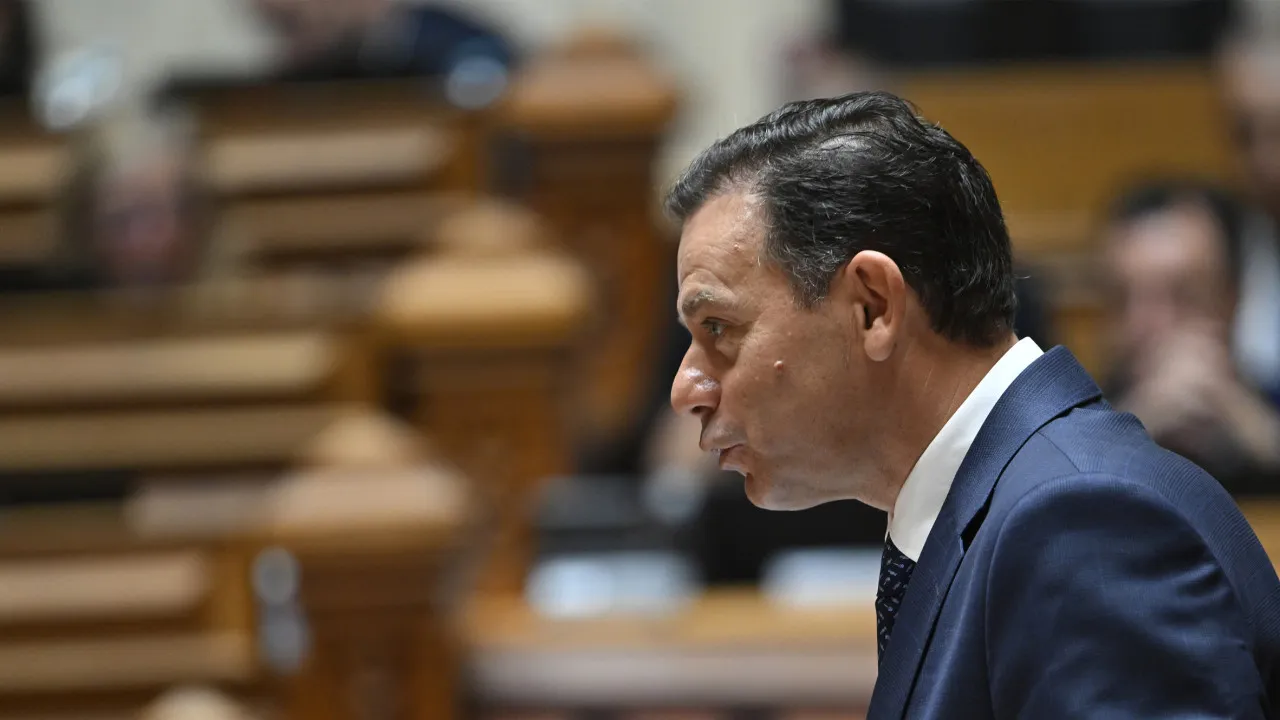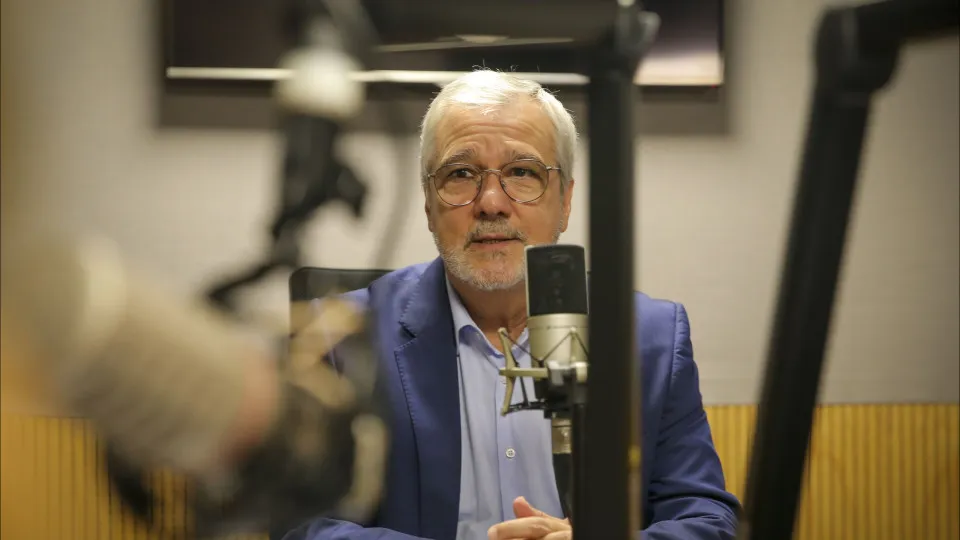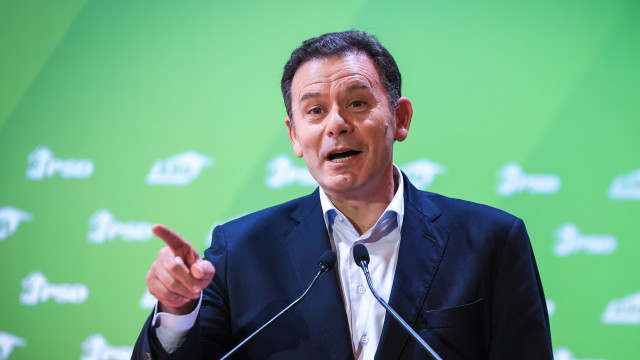
In response to a query by social-democratic deputy Isaura Morais concerning the government’s commitments towards lower incomes and pensions during the parliamentary debate on the government’s program, Prime Minister Luís Montenegro assured that the executive will continue its income policy, adding that discussing “scare tactics of austerity” is unnecessary.
“There is no point invoking scare tactics of austerity, no point discussing scare tactics of partisanship. We will address these issues in the next electoral campaign in four years. This scare tactic was used in this campaign and did not succeed,” Montenegro added, addressing the PS bench.
Montenegro also discussed defense issues, responding to social-democrat Bruno Ventura, assuring that in order to achieve the objective of investing 2% of GDP by 2025, “some investments” are already underway and reiterated that the public accounts “will end the year balanced” with no need for a supplementary budget.
During the same debate, Jorge Pinto from Livre linked recent episodes of violence, originating from far-right movements, to the Chega party, suggesting that André Ventura’s party bears some responsibility given the nature of their parliamentary interventions.
The intervention drew protests from the Chega bench and a statement from the Deputy Speaker of Parliament, Teresa Morais, who chaired the proceedings at the time, declaring that Jorge Pinto’s “direct connection” between a party with parliamentary representation voted for by the Portuguese and incidents “until proven otherwise, not perpetrated” by the deputies was not “legitimate”.
Chega leader André Ventura requested to speak, stating that his party is “absolutely uncompromising and clear in condemning all violence” and lamented that Livre accuses a party represented by 60 deputies of “being racist”.
The reduction of corporate tax also came under discussion, with PSD deputy Gonçalo Lage questioning Montenegro on whether the country can “count on an effort to reduce corporate tax by the end of the legislature” to strengthen the Portuguese economic fabric.
In response, the Prime Minister did not set specific targets but emphasized the necessity for companies to have greater financial capacity for investment, highlighting that corporate tax reduction benefits small and medium-sized enterprises.
PS deputy Sofia Pereira accused the Prime Minister of intending to increase tuition fees, end their refund for graduates, and failing to address young people’s housing needs, while Rita Matias from Chega inquired if Montenegro plans to unfreeze higher education tuition fees.
On this matter, the Prime Minister accused the Chega deputy of “depicting a country that does not exist” regarding support for young people and told the socialist deputy that the discussion on tuition fee refunds will be postponed, emphasizing that the government has strengthened the fiscal regime aimed at young people.




